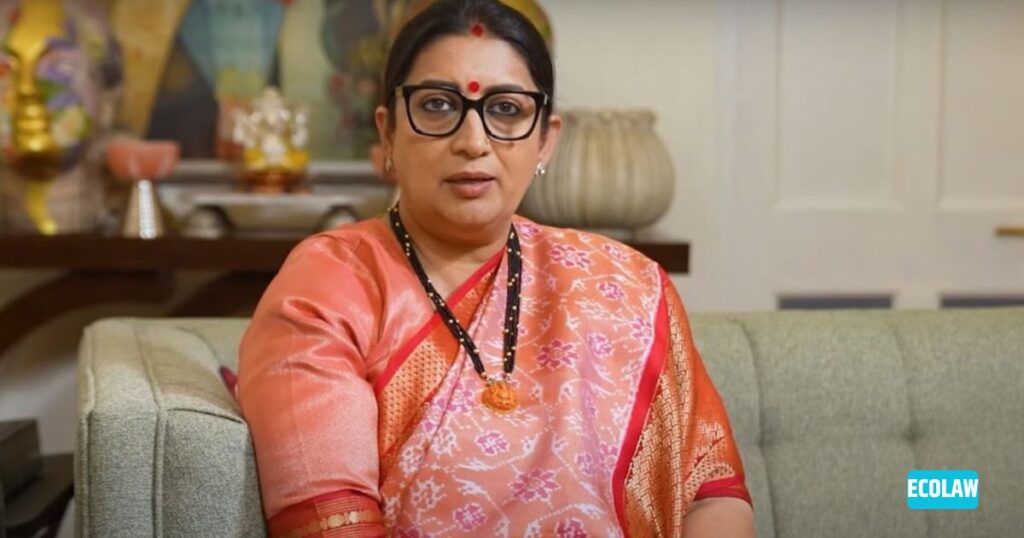Delhi High Court set aside the CIC order directing CBSE to allow inspection of former Union Minister Smriti Irani’s Class 10 and 12 records. Know the full details, court’s reasoning, and what this means for privacy and RTI law.
The Delhi High Court has overturned the Central Information Commission’s (CIC) directive that required the Central Board of Secondary Education (CBSE) to permit the inspection of former Union Minister Smriti Irani’s Class 10 and 12 records. This decision came in response to a plea filed by CBSE challenging the CIC’s earlier order.
What Was the CIC Order About?
The CIC had previously instructed CBSE to allow an applicant to inspect Smriti Irani’s academic records, citing transparency under the Right to Information (RTI) Act. The request was linked to allegations surrounding her educational qualifications mentioned in election affidavits.
However, CBSE objected, arguing that such information is personal in nature and falls under the exemptions under Section 8(1)(j) of the RTI Act, which protects personal information from disclosure if it has no relationship to public activity or interest.
Delhi High Court’s Decision
Justice Subramonium Prasad of the Delhi High Court ruled in favor of CBSE, observing:
- Academic records are personal information and cannot be disclosed unless there is a compelling public interest.
- The CIC order violated the privacy of the individual and went beyond the scope of RTI law.
- The Court emphasized the balance between transparency and privacy, stating that not every request for personal data can be entertained under RTI.
Why Did CBSE Challenge the Order?
CBSE argued that:
- It has a legal obligation to maintain confidentiality of student records.
- Disclosure could set a precedent leading to misuse of personal data.
- Smriti Irani, like any citizen, has the right to privacy, as recognized under Article 21 of the Constitution.
The Court’s Observation on RTI and Privacy
The judgment reaffirms the principles laid down in previous rulings, including:
- RTI Act is meant for promoting transparency in public offices, not for invading personal privacy.
- The Supreme Court’s Puttaswamy judgment (2017) declared the Right to Privacy as a fundamental right, which must be respected even in RTI applications.
Background of the Case

This controversy dates back to allegations that Smriti Irani provided contradictory details about her educational qualifications in election affidavits. Multiple RTI applications were filed seeking access to her CBSE records, which led to the CIC directive.
Impact of This Judgment
- Sets a strong precedent for protecting personal data under RTI law.
- Highlights that educational records of individuals cannot be disclosed without valid public interest.
- Strengthens privacy rights of individuals, including public figures.
FAQs
Q1: Why did the Delhi High Court overturn the CIC order?
The Court held that Smriti Irani’s academic records are personal information, protected under the RTI Act and the right to privacy.
Q2: Does this mean no educational records can ever be disclosed?
Not necessarily. If there is overriding public interest, such disclosure can be allowed, but it must meet strict legal standards.
Q3: What is Section 8(1)(j) of the RTI Act?
It exempts disclosure of personal information that has no relationship to public activity or interest and would cause unwarranted invasion of privacy.
Q4: Is the Right to Privacy applicable to public figures?
Yes. Even public figures enjoy the right to privacy under Article 21 of the Constitution.
Conclusion
The Delhi High Court’s ruling in the Smriti Irani academic records case underscores the importance of privacy in the age of transparency laws. While the RTI Act is a powerful tool for accountability, it cannot be misused to invade individual privacy without justifiable reasons.